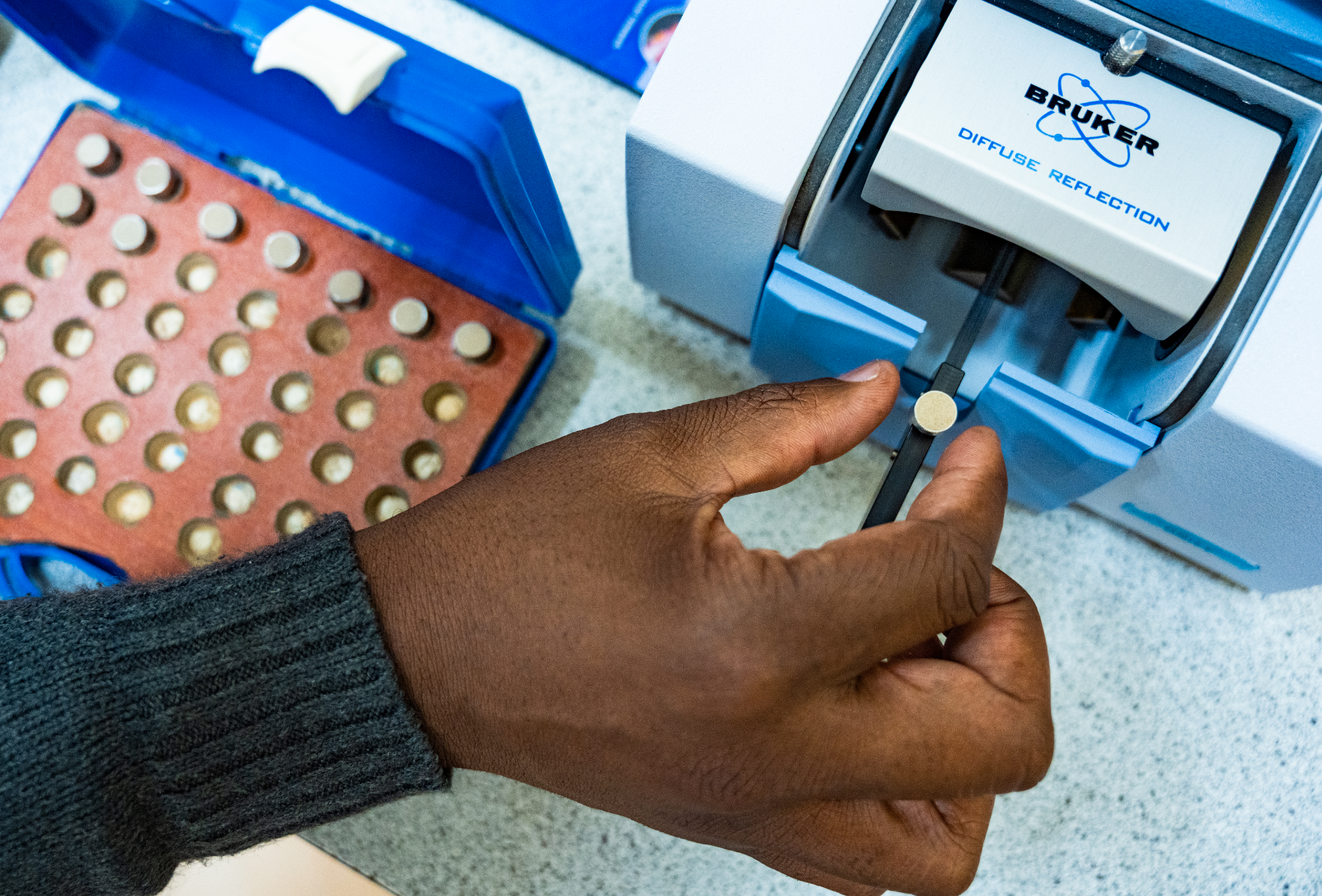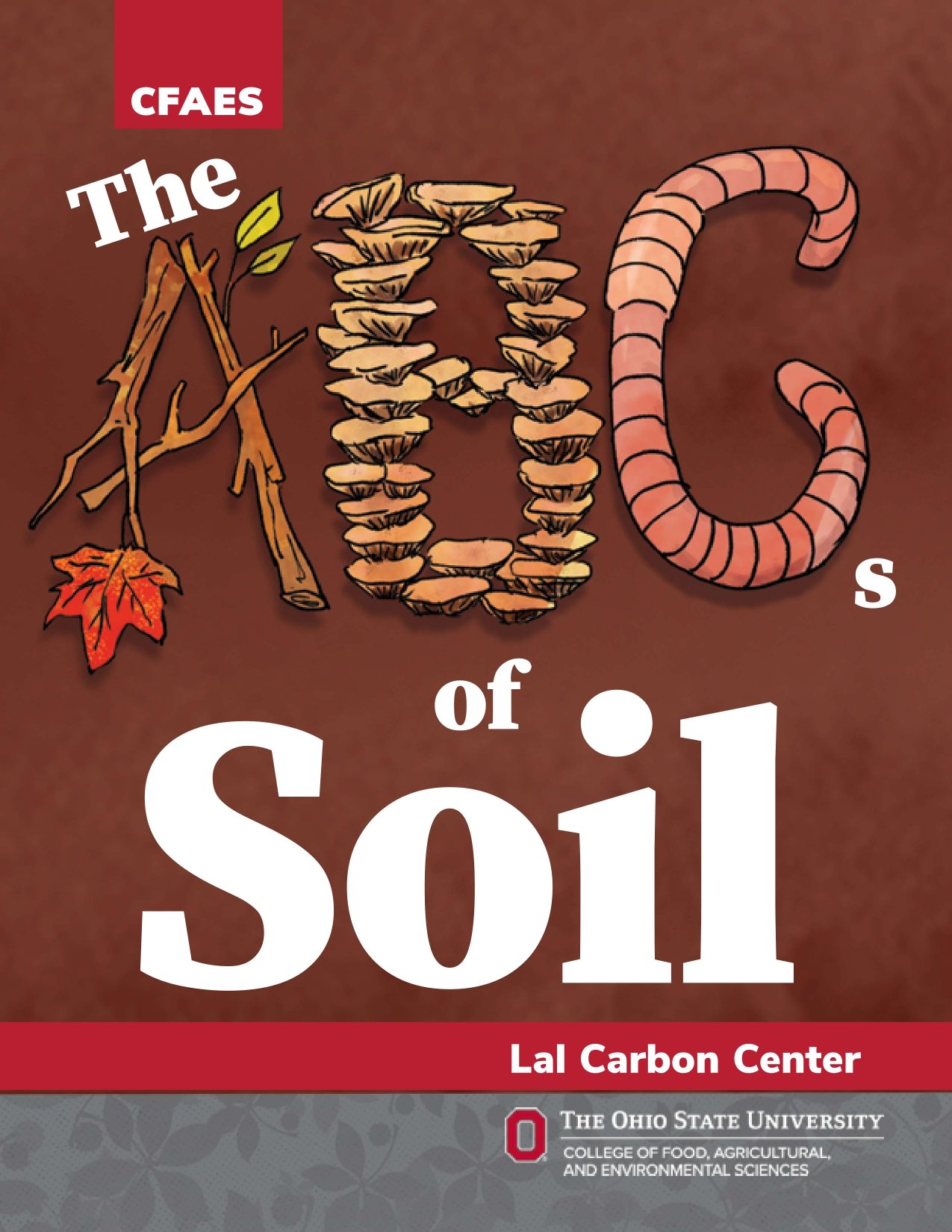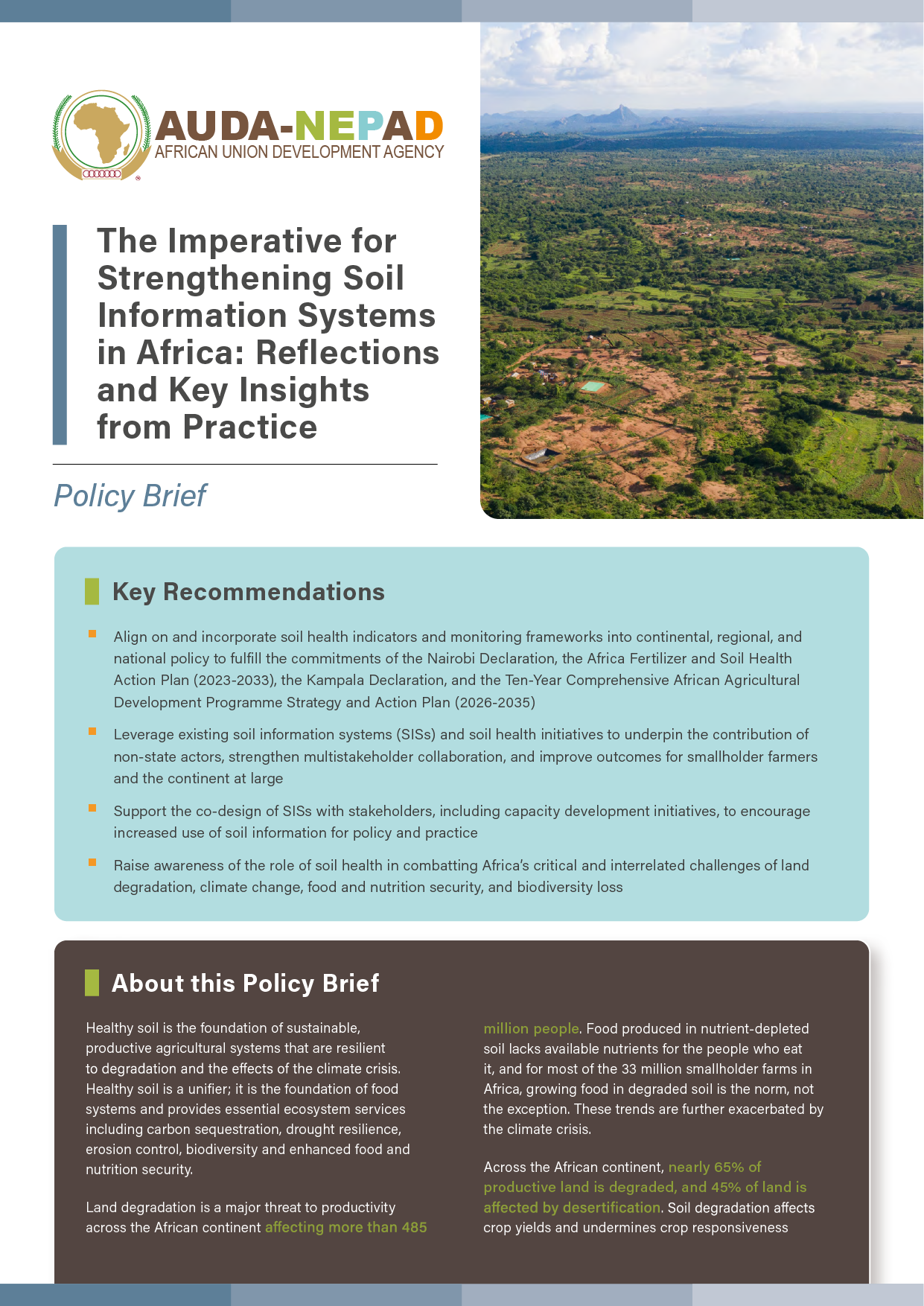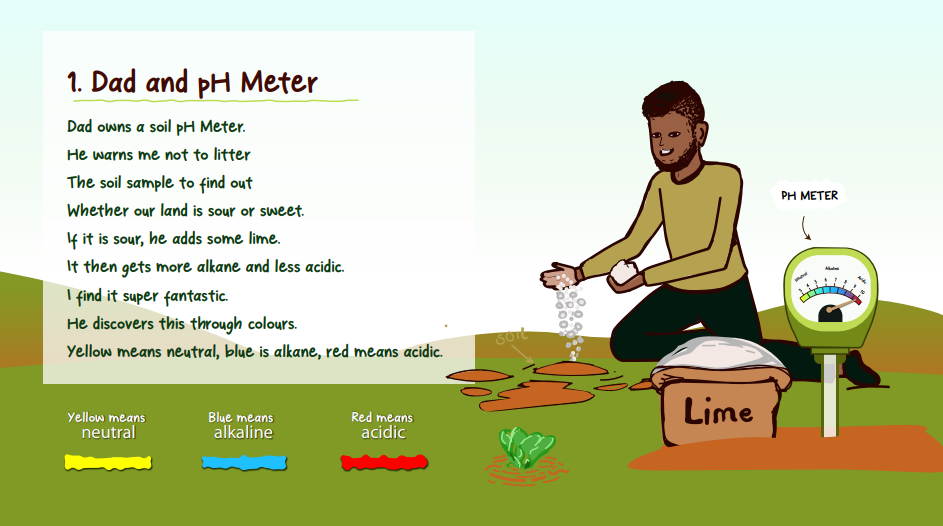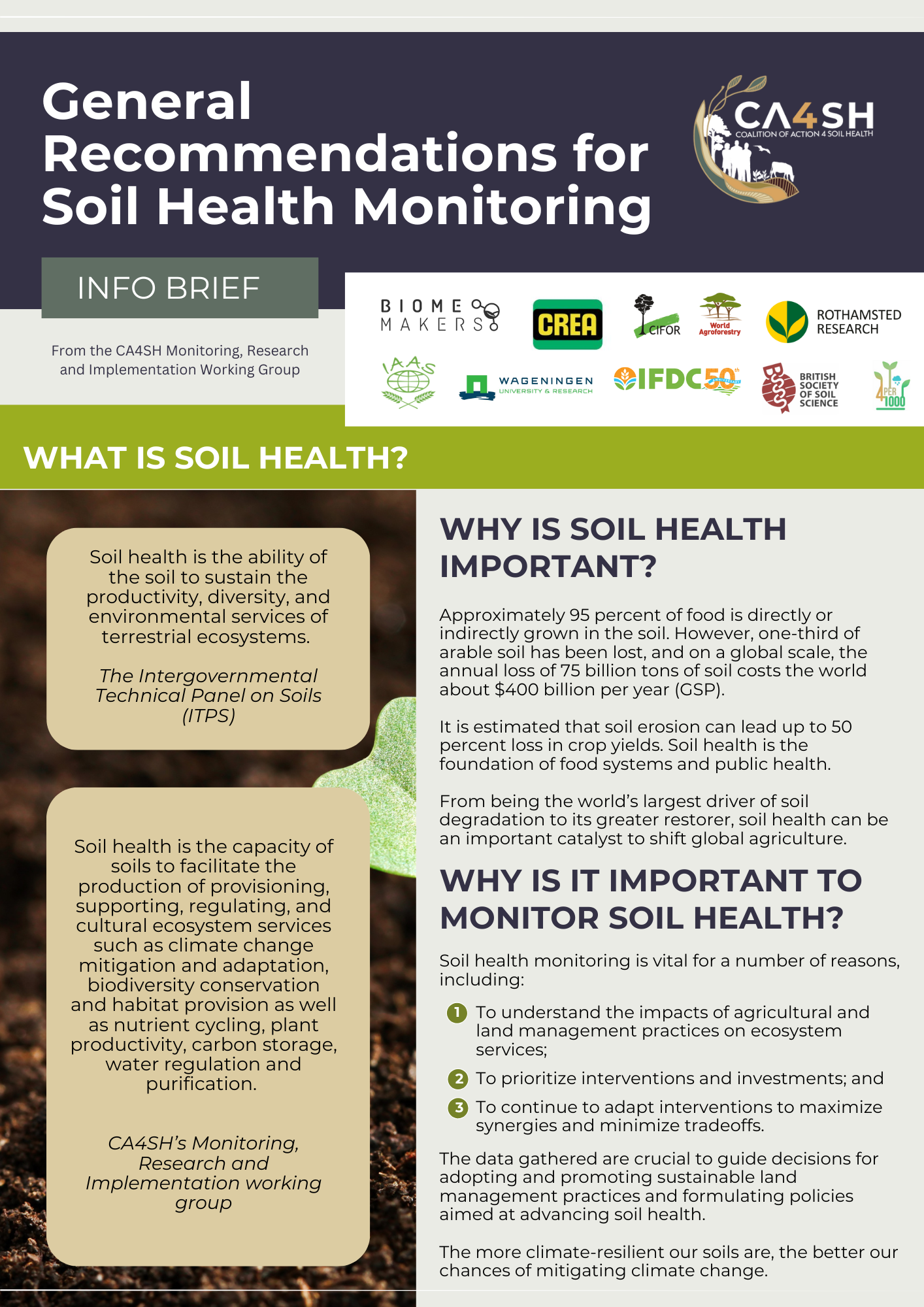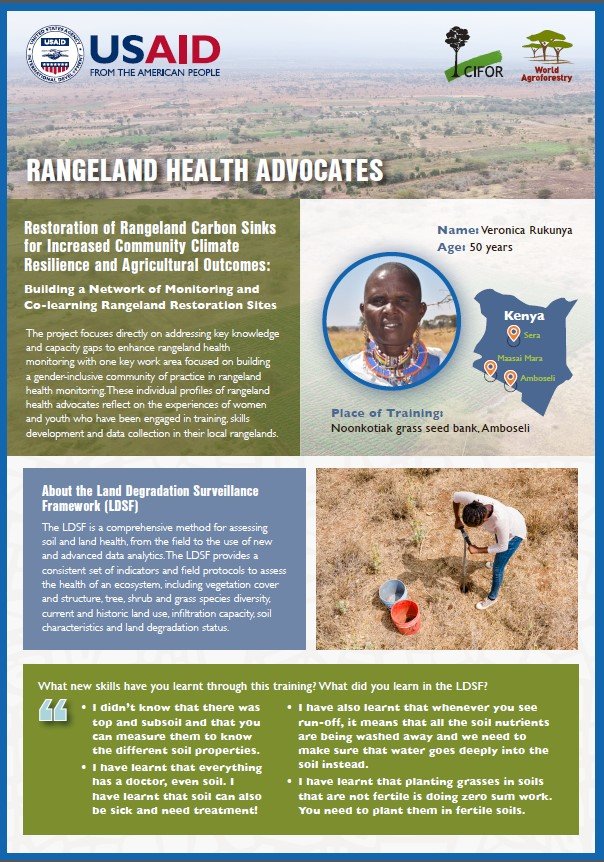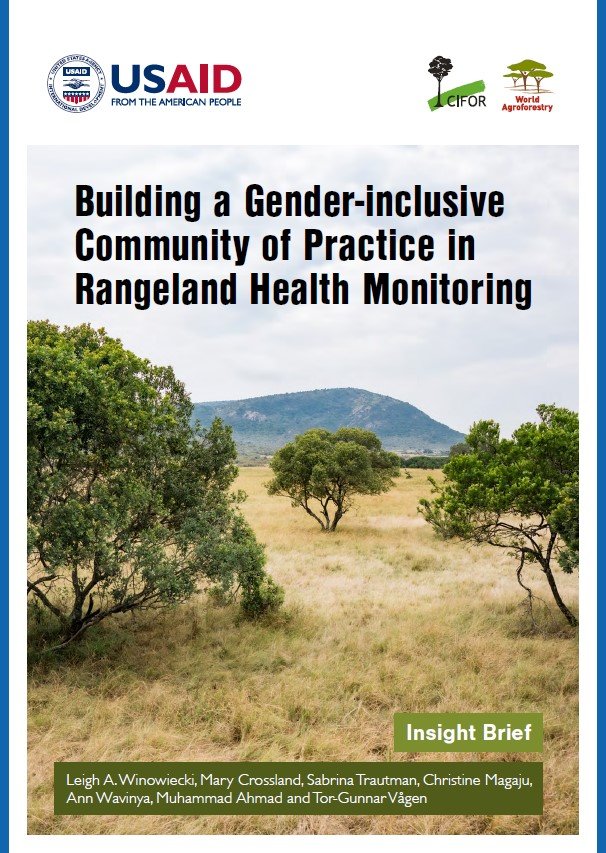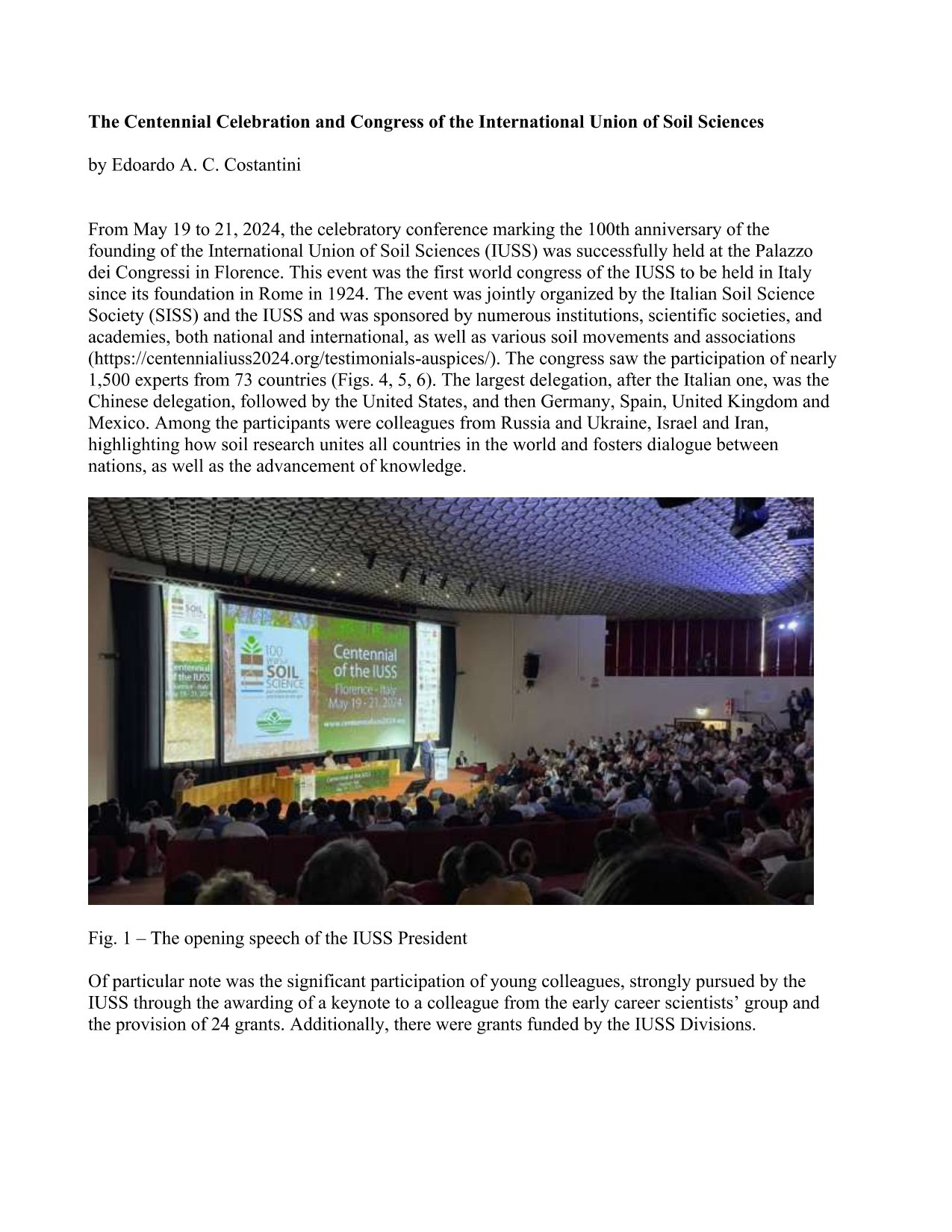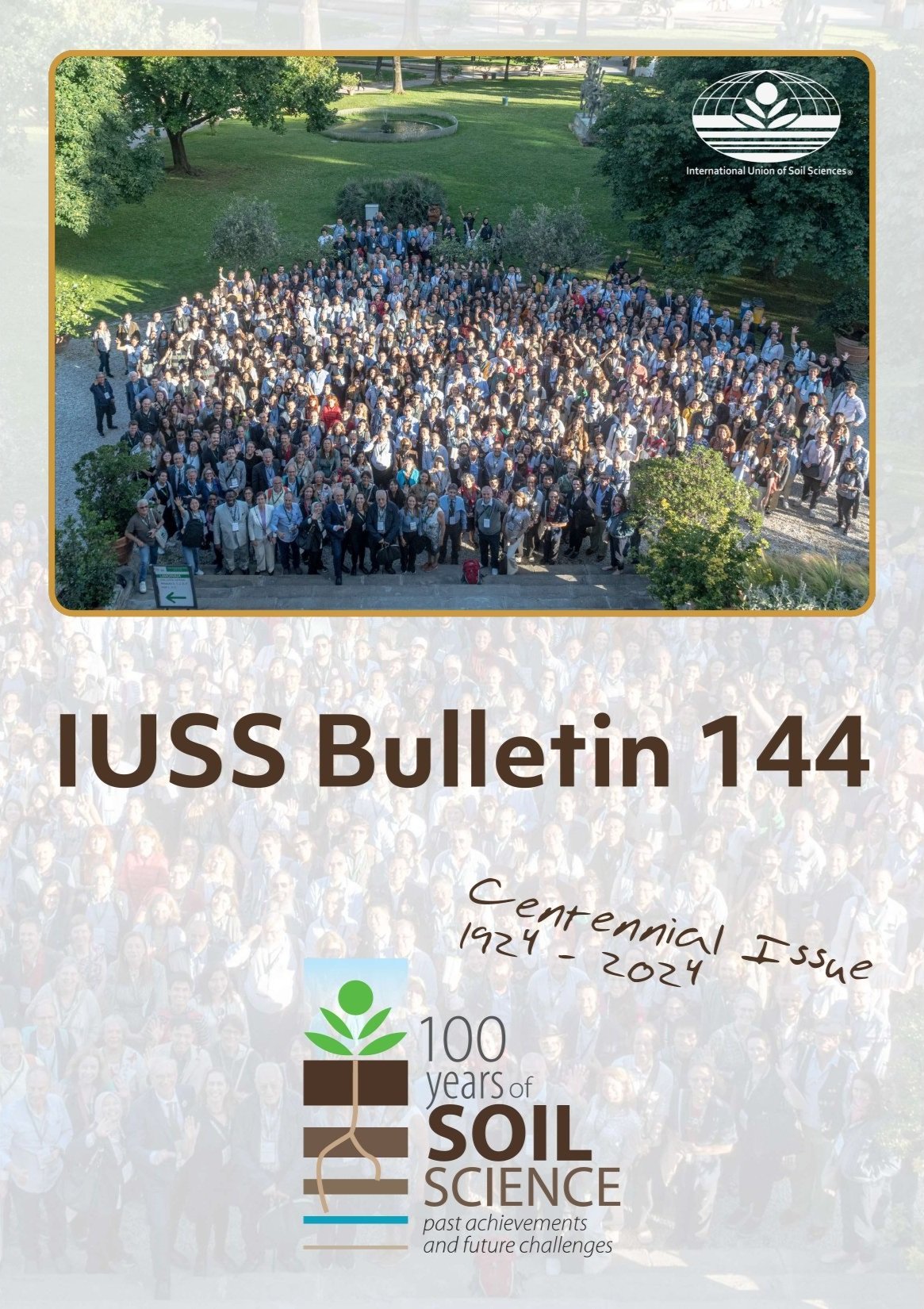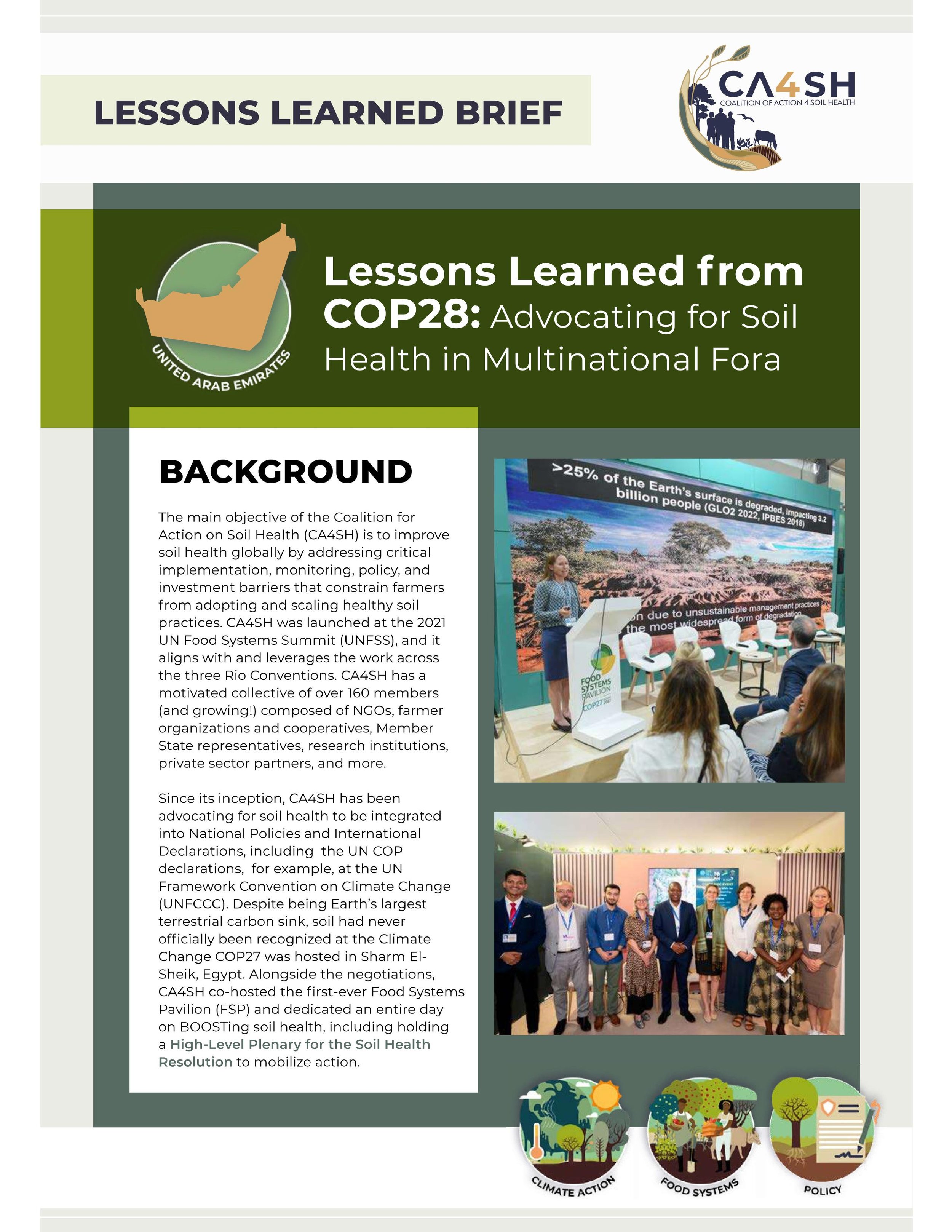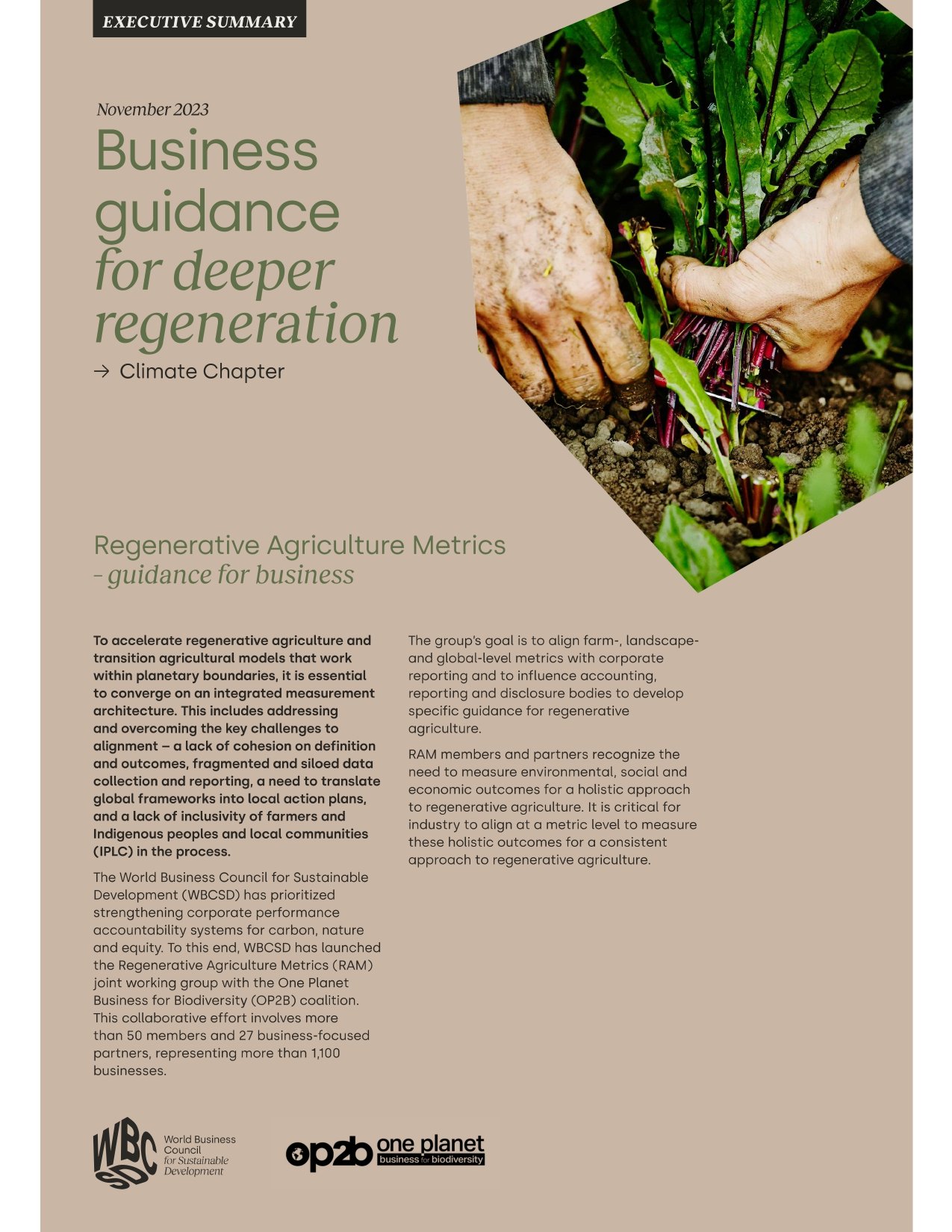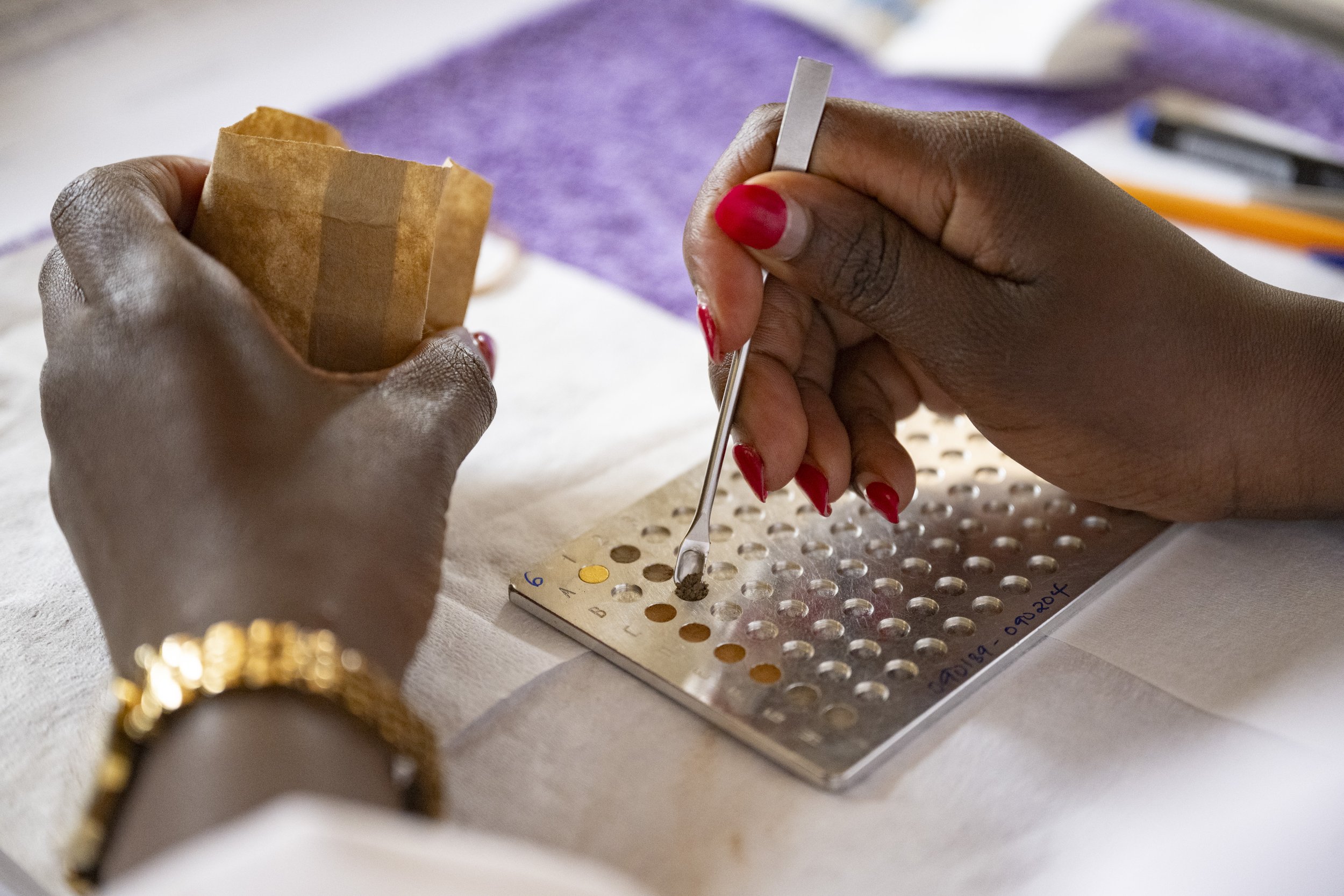
Soil Health Research
CA4SH advocates for the implementation of robust soil health monitoring frameworks to track interventions over time.
We are always collecting resources, updates, and initiatives from around the World to share in this Hub of all things soil health research.
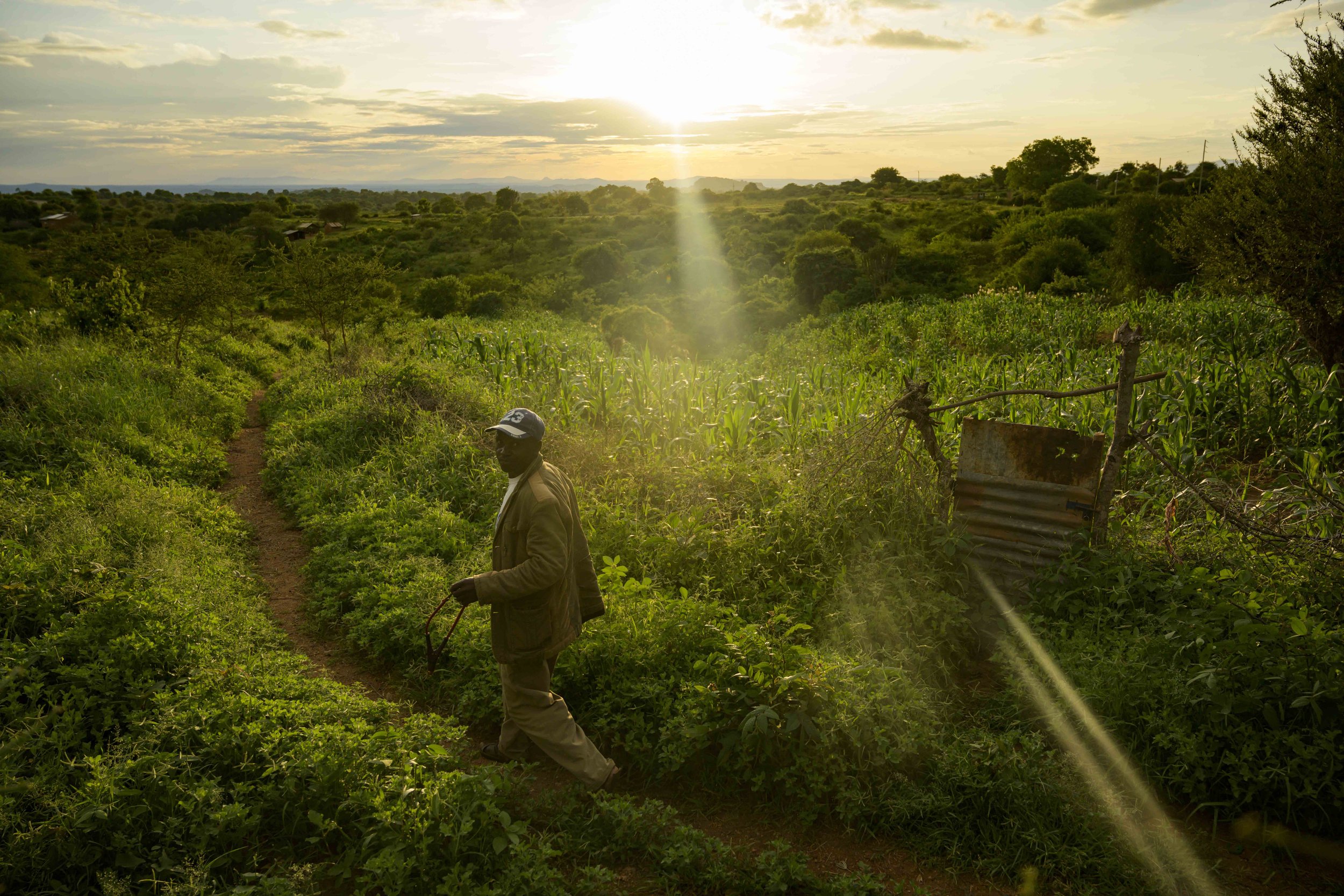
Soil Health is “the ability of the soil to sustain the productivity, diversity, and environmental services of terrestrial ecosystems”
From the Intergovernmental Technical Panel on Soils (ITPS)
Research Initiatives
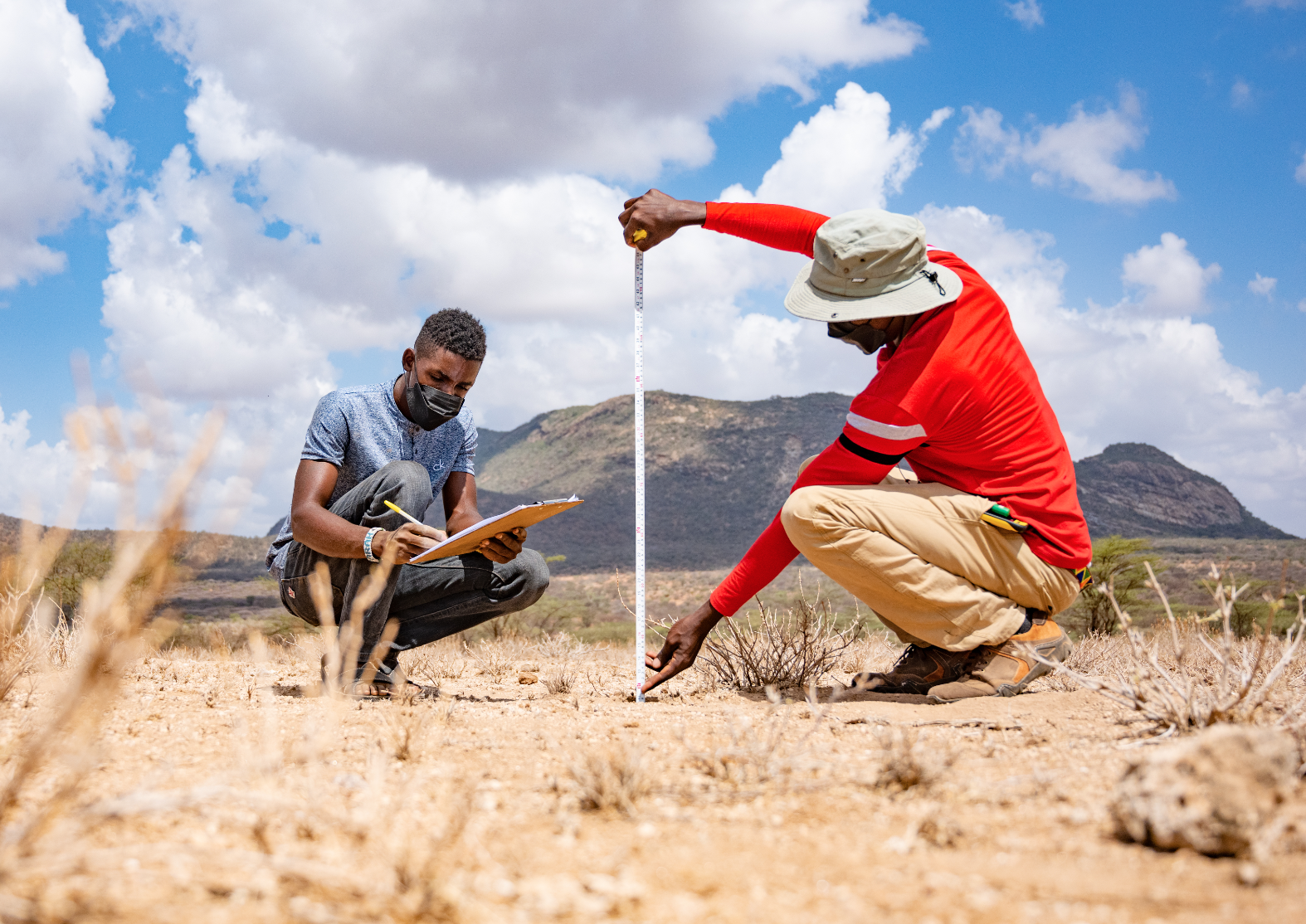
Land Degradation Surveillance Framework
The LDSF is a comprehensive method for assessing soil and land health that spans work in the field to the use of new and advanced data analytics. Land health generally refers to the degree to which the integrity of the soil, vegetation, water and air, as well as ecological processes, are balanced and sustained.
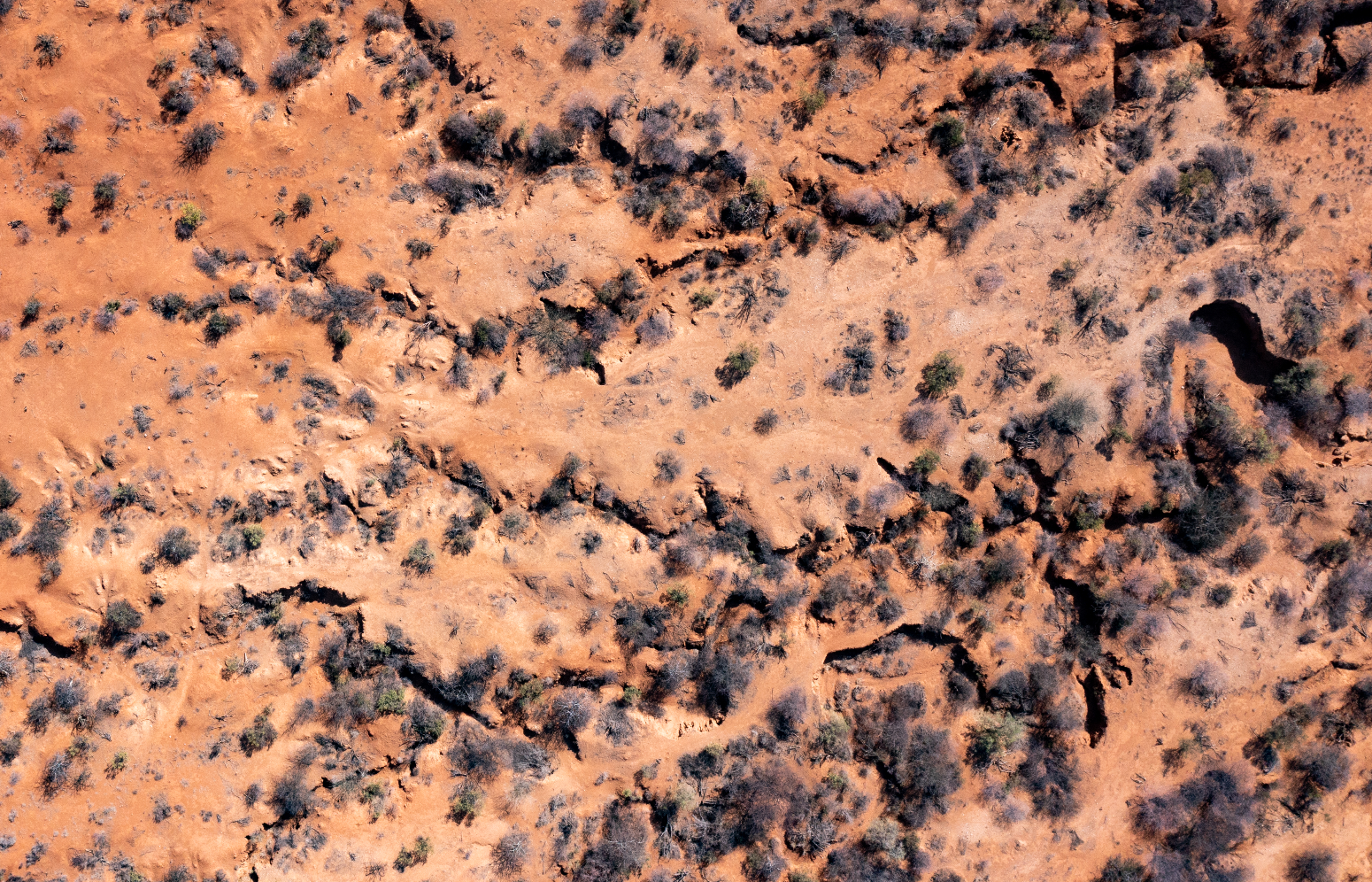
Recommended Measurements for Scaling Soil Health Assessment
The Soil Health Institute conducted a 3-year project that evaluated over 30 soil health indicators at 124 long-term agricultural research sites across North America, comparing conventional systems with regenerative soil health systems. Based on these results, SHI recommends three measurements to be widely applied across North America (and likely beyond) to evaluate soil health.
Resources
News and Updates
March 31, 2025: Healthy soil is the cornerstone of sustainable development, playing a critical role in climate regulation, combating desertification, and supporting biodiversity and ecosystems. Yet, unsustainable land management and climate change are increasing soil degradation and threatening the rich biodiversity beneath our feet.
At the Forum for the Future of Agriculture Conference in Brussels, SOILGUARD partners convened farmers, researchers, advisors, policymakers and interested stakeholders to reflect on the role of soil biodiversity and management in shaping effective policies. The Coalition of Action 4 Soil Health (CA4SH) joined the event and shares the following insights from the discussion, highlighting the urgent need to effectively integrate soil health into policy and practice.
27 March 2025: The Coalition of Action 4 Soil Health (CA4SH) is thrilled to announce the launch of the 2024 Annual Report, marking significant milestones for the Coalition and for global soil health. 2024 was a big year CA4SH; we engaged global stakeholders in united advocacy to scale soil health through our priority areas of action, including science, policy, finance, youth engagement, and implementation on the ground. Additionally, we grew our membership from 159 to 258 global partners from across sectors and scales.
Learn more about the report, access the social media toolkit, and download the full report here!
This month, the World Economic Forum (WEF) announced the 2025-2026 cohort of the Global Future Council on Soils including Coalition of Action 4 Soil Health (CA4SH) Co-Leads Dr Rattan Lal and Dr Leigh Ann Winowiecki on its distinguished panel.
The Coalition of Action for Soil Health (CA4SH) #Youth4Soil Working Group held its inaugural Virtual Soil Solutions showcase on Thursday, 6th March 2025. The event was dubbed “We Grow We Eat” to celebrate soil as a growing medium for 95% of the world's food. The showcase provided a platform for #Youth4Soil members to exhibit the soil health solutions they are already implementing in their local contexts and interact with key stakeholders to grow those solutions.
On 19 February 2025, more than 70 partners from across the CA4SH network attended the first partner meeting of 2025 to share progress made and the next steps for scaling global soil health. The CA4SH Steering Committee also convened this month to discuss the action areas identified in the partner meeting and strategized the way forward for the Coalition.
The following update provides key takeaways from the two meetings and outlines action points that partners can take to engage with the Coalition and scale soil health globally.
Soil health policies are stars for our soil, without whom our advancement towards global soil health would remain slower than the rate at which we are depleting our soils. The importance of soil health policies can be summarized into three pros: protect, probe and promote.
